Europe is a great place to satisfy one’s wanderlust with boatloads of iconic structures, ethereal landscapes, and marvellous architecture. However, these beautiful hotspots are also home to a shady, albeit small group of people with malicious intent. These con artists and scammers prey on unsuspecting travellers to earn a few bucks (at your expense). Europe scams and theft can occur to anyone so it’s best to know what to look out for.
One thing that can give travellers peace of mind when travelling is having comprehensive travel insurance. That’s where Etiqa Insurance Pte Ltd comes in, recognised as the winner of the TripZilla Excellence Awards 2024 for Best Travel Claims Experience. Known for its hassle-free and efficient claims process, Etiqa offers travel insurance solutions that make handling unexpected incidents — such as theft or emergencies, and even travel delays or cancellation — much smoother.
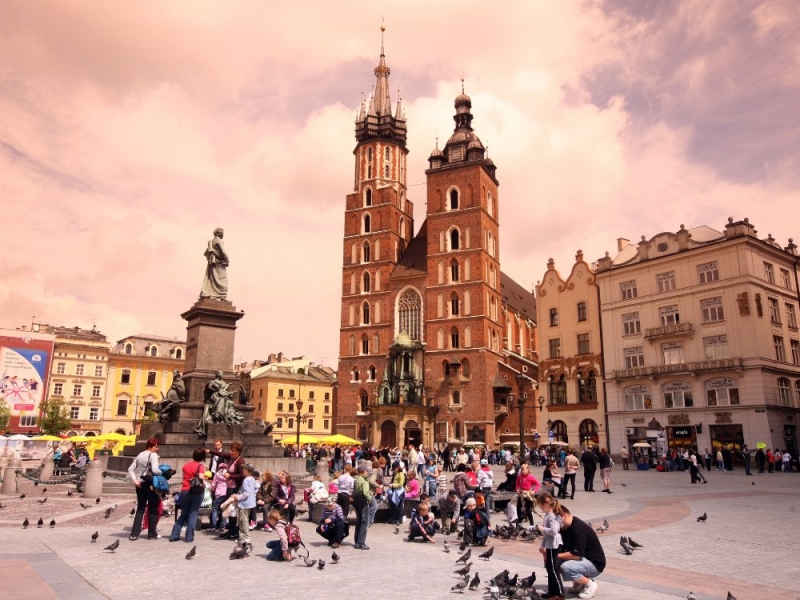
Image credit: urf via Canva Pro
Locals know about the various travel scams in Europe and how to avoid them. Even though being a tourist makes you more of a target, there are still ways to enjoy Europe without fear. Read on to learn about the common scams in Europe and ways to stay safe!
Also read: Travel Scams: 8 Real Travellers Share Their Horror Stories
When prepping for your travels
1. Store valuables in inconspicuous places
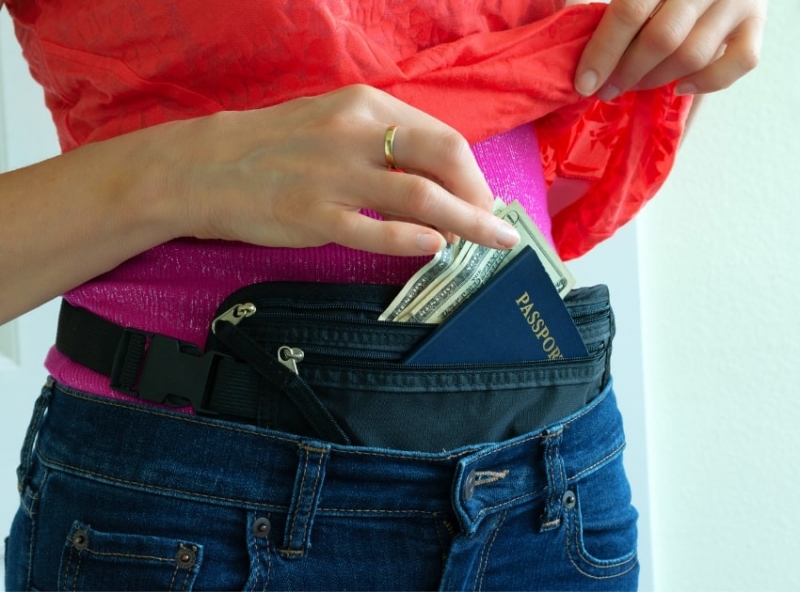
Image credit: mokee81 via Canva Pro
You should store your valuables in safe places that are out of reach for the average pickpocket. There are plenty of inconspicuous spots on your bag (and person) that can keep your valuables safe:
- Use a money belt to store cash, credit cards, and even your passport. This thin and discreet pouch can be strapped around your waist and tucked underneath your pants.
- Store some backup cash in hard-to-reach or hidden compartments in your backpack.
- Hide money in your shoes or socks (though this won’t work if you need to remove your footwear).
- Store cash in empty deodorant or soap cases and keep these cases with your other toiletries.
- Carry a decoy wallet with some expired credit cards and a small amount of cash (from personal experience, this works)
2. Keep a backup of important documents
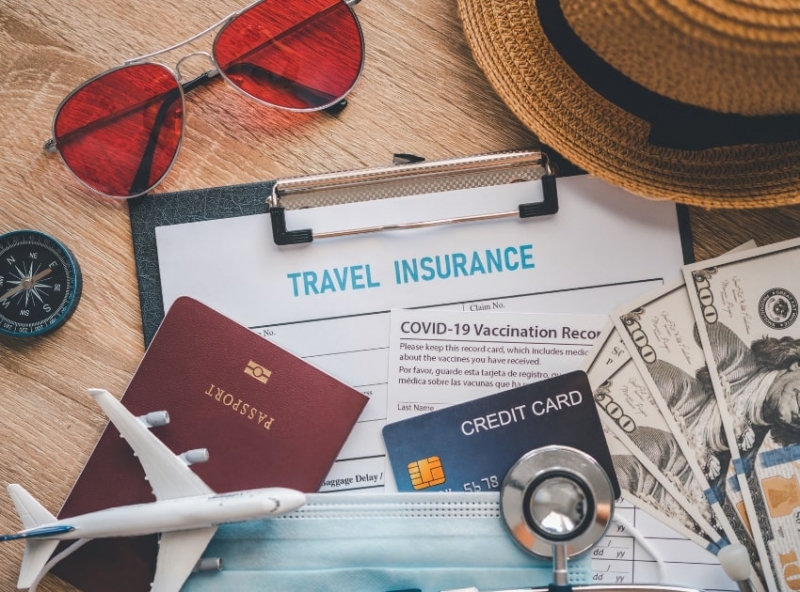
Image credit: photobyphotoboy via Canva Pro
Credit cards can be cancelled and money can be earned back. However, losing your passport or those hard-earned travel photos can sometimes cause more pain. To prevent this, make physical copies of your important travel documents and store them digitally as well. Photocopies of your documents can be stored in your phone so you have access to them in all situations.
Another important step is to have your important documents backed up in the cloud. This way, even if you lose your phone or wallet, you can still access your photos, identification, and emergency contacts.
3. Purchase travel insurance

Image credit: anyaberkut via Canva Pro
We often overlook insurance as a necessity as the chances of an incident actually occurring are low. However, theft in Europe does not discriminate and one day your luck can finally run out. To recoup some if not all of your losses, ensure that your travel insurance comes with theft insurance. Keeping receipts of your electronics and other valuable items can make the claims process easier should you lose these items.
Pro tip: If a theft occurs, make sure to file a police report within 24 hours of the incident.
4. Pack sensible clothing
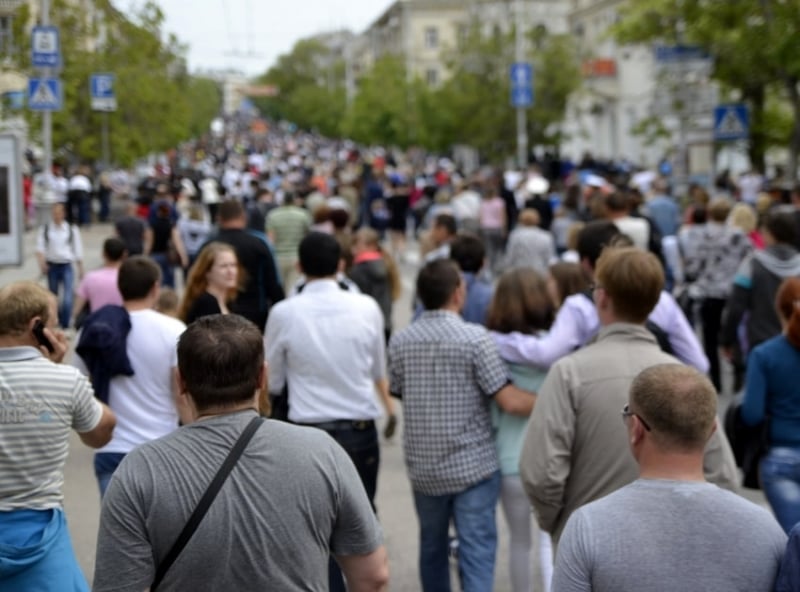
Image credit: BoNS2588 via Canva Pro
Tourists fall victim to pickpockets in Europe as they are usually unfamiliar with their surroundings. Additionally, tourists are easy to spot given the way they look, dress, and behave. Wearing expensive, bright, and loud clothes is the same as holding up a sign saying “I am a vulnerable tourist!” Blending in is your best bet to not fall prey to pickpockets and other tourist scams in Europe.
5. Protect your belongings
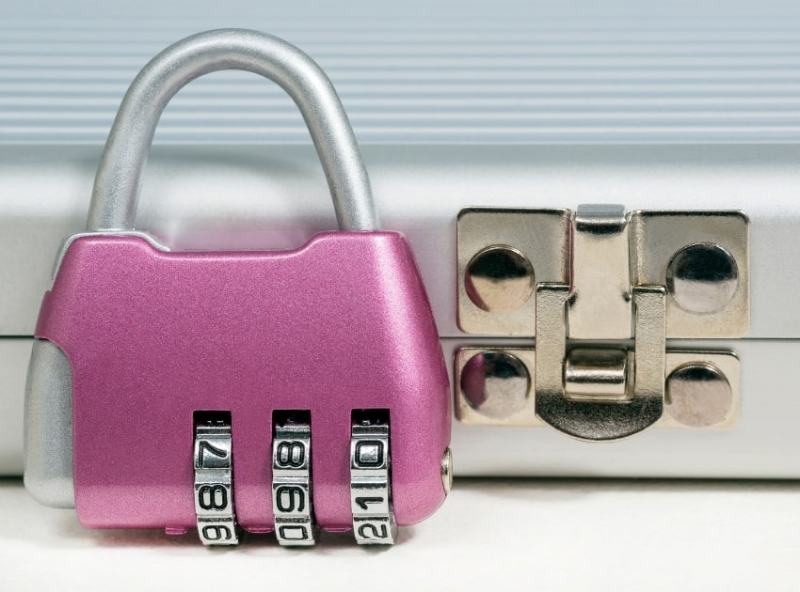
Image credit: arkady2013 via Canva Pro
Staying in shared rooms in hostels allows strangers to easily access your stuff should they choose to do so. Some hostels provide lockers but to be extra safe, you should bring your own padlock. This way, you can lock your backpack and rest assured that only you have the key.
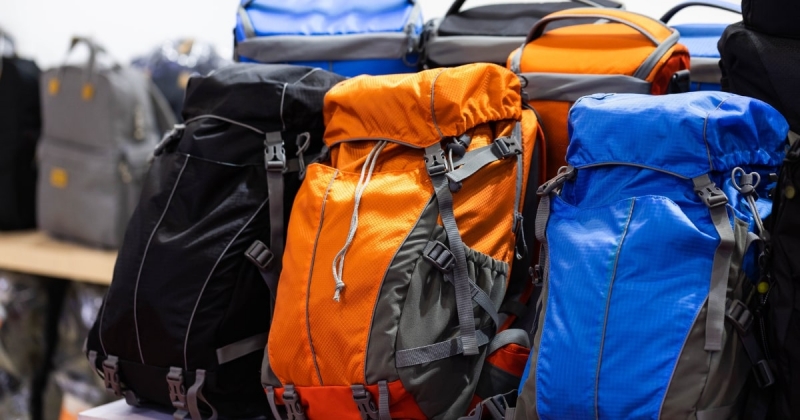
Image credit: kool99 via Canva Pro
Thieves are getting more crafty with their methods with some even known to break through the zippers using sharp objects. For additional security, get backpacks that have puncture-proof zippers, RFID-blocking pockets (for your credit cards), and hidden compartments.
Pro tip: When you leave your hostel room, pack your valuables away to keep them out of prying eyes.
Other tips to reduce the likelihood of theft in Europe
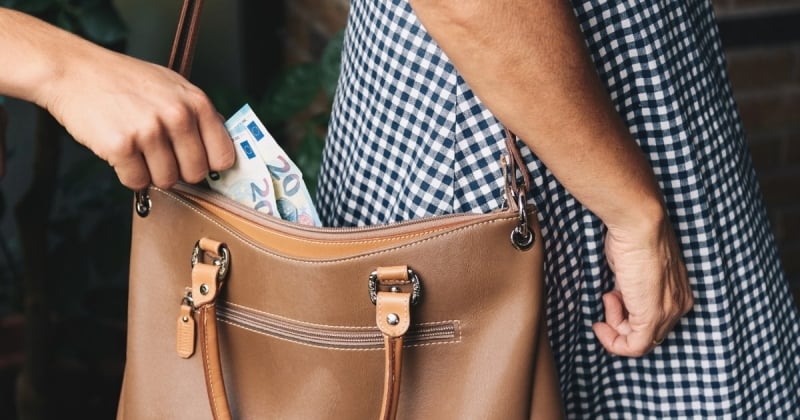
Image credit: Juan Jimenez via Canva Pro
Europe scams and robberies are quite prevalent, so it is good practice to remain vigilant while travelling. These tips can help to keep you safe and protect your valuables:
- Try not to carry shoulder bags and tote bags which can be easily grabbed off your body. At the very least, the bag must have straps you can wear cross-body.
- Never place your valuables in a bag that is going to be checked in or stored on the hold of a bus or plane.
- Secure your backpack to make it as inconvenient as possible for thieves to access your stuff.
- Do not leave your wallet or phone on the bathroom sink or even the restaurant table when you are out.
- Use a Bluetooth tracking device such as an AirTag to keep track of your valuables and bags.
- Do your research on common scams in Europe before heading over.
While exploring Europe
1. Be aware of your surroundings

Image credit: Xurzon via Canva Pro
The hustle and bustle of vibrant Europe can be a lot to take in. While tourists might be busy snapping pictures or just admiring local attractions, thieves and scammers go to work. There are plenty of tricks pickpockets use to distract you such as staging commotions, bumping into you, and starting fights. The best thing you can do is to keep track of your surroundings and avoid any commotion.
2. Exchange currency at registered places
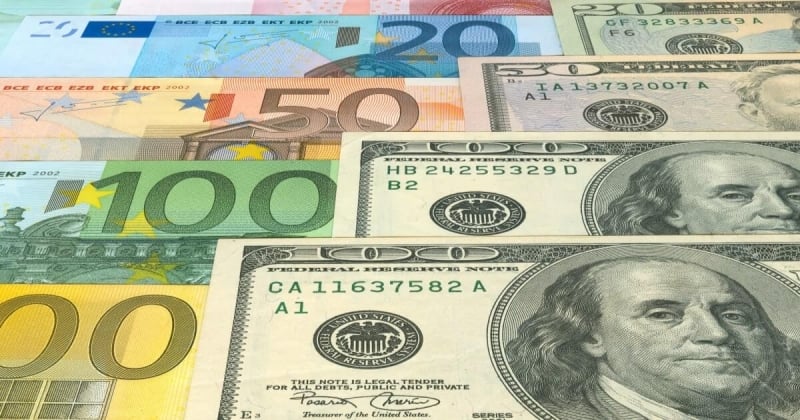
Image credit: tomograf via Canva Pro
While most European countries use the euro as their legal tender, several eastern European countries are still using domestic currencies. This means that a trip to countries such as Poland, Bulgaria, and Hungary will still involve currency exchanges.
Usually a simple exercise at registered exchanges, some scammers try to pull a fast one by offering better exchange rates. The catch? Well, they give you fake notes or the completely wrong currency. This scam is notorious for making tourists lose hundreds of euros and disrupt travel plans.
3. Looks can be deceiving

Image credit: Blue_Cutler via Canva Pro
We often assume that pickpockets are sketchy-looking men that you would want to avoid in a dark alley. Contrary to popular belief, a large number of pickpockets in Europe are actually young teenagers. And for good reason, as most people assume that young children bear no ill will, so they tend to let their guard down towards these children or teenagers.
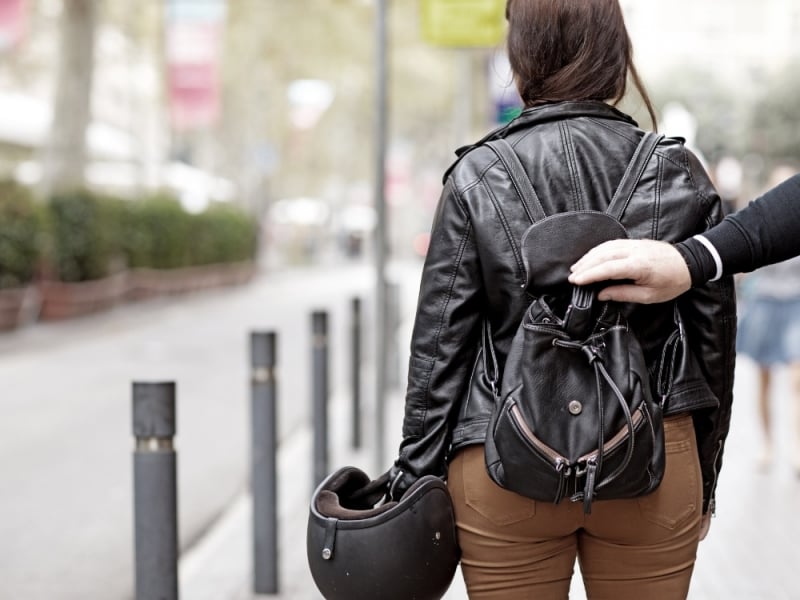
Image credit: Lorado via Canva Pro
Additionally, pickpockets can also be well-dressed and act in groups, so it is best to be wary of strangers. Pickpockets in Europe frequent popular tourist attractions, public transportation, department stores, and even restaurants. Remaining vigilant in these areas will help to drastically reduce the chances of your valuables being stolen.
Also read: Travelling to Europe in 2022: What It’s Like and What to Expect
Europe scams to be wary of

Image credit: Jupiterimages via Canva Pro
There are dozens of travel scams in Europe that can hang like a dark cloud over your holiday. However, if you do your homework, your dream holiday can go without a hitch. Read on for some of the common scams in Europe and how to steer clear of them.
1. The petition scam

Image credit: Hailshadow via Canva Pro
This is a typical scam that is easy to spot once you know how it works. Usually, a person (sometimes pretending to be deaf-mute) would approach you and ask for a signature.
Out of the goodwill of your heart, you sign their petition and suddenly they guilt you into making a donation. The best way to avoid this scam is to give them a wide berth and ignore them.
2. The gold ring
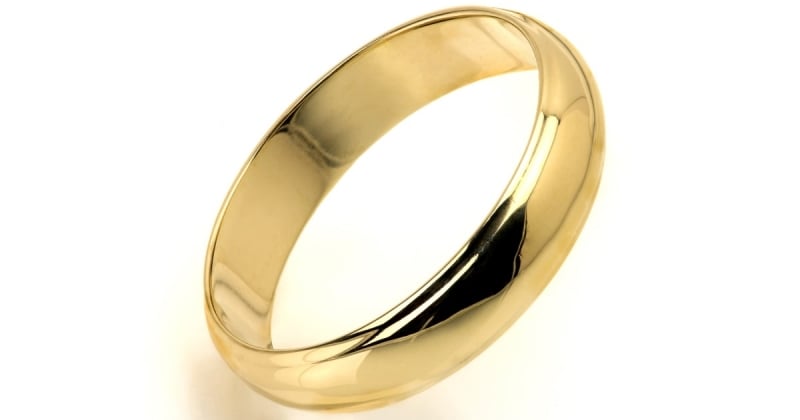
Image credit: SunChan via Canva Pro
You spot a shining object on the floor and as you take a closer look … It’s a gold ring! When you go to pick it up, a stranger will approach you and claim that they saw the ring first.
Since it is in your hands, they will be willing to let you keep it in exchange for cash. With several variations of this scam, your best bet is to just leave the ring where it is and exit the situation immediately.
3. The friendship bracelet
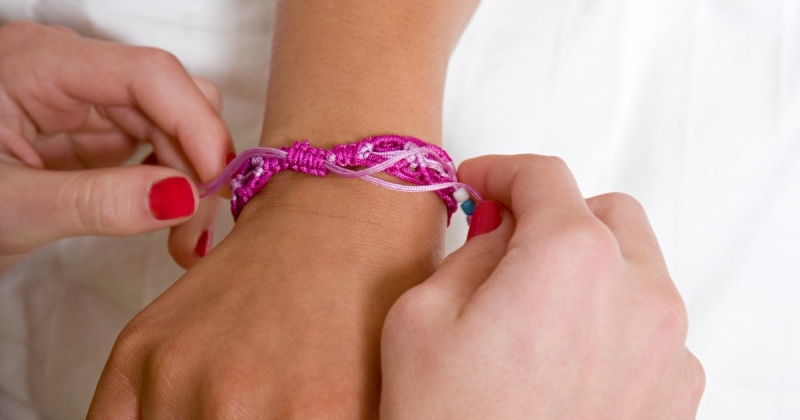
Image credit: Image Source via Canva Pro
This extremely common travel scam in Europe preys on trusting people who are open to talking to strangers. A friendly-looking person will approach you and offer a friendship bracelet or necklace as a free gift. While they are tying the string bracelet around your wrist, they will strike up a friendly conversation.
As you lower your guard, their tone will shift and they will intimidate you into buying the bracelet. While they are persistent, simply preventing them from tying the bracelet and walking away is enough to avert this Europe scam.
4. The faux luxury goods
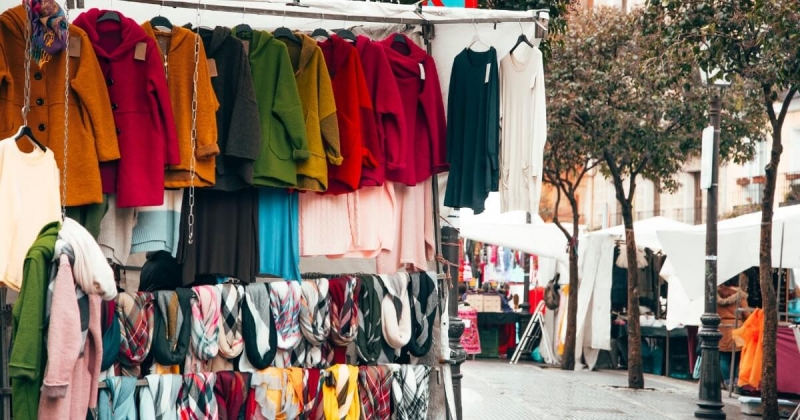
Image credit: MarioGuti via Canva Pro
For most tourists, a trip to Europe often involves purchasing luxury items and branded goods as they are authentic. However, this means that counterfeit goods are also in circulation as scammers seek to earn a quick buck. While you might be tempted by the lower prices, only purchase these goods from official stores.
Also read: Paris vs. Milan: Which Fashion Capital in Europe Should You Visit First?
5. The unmetered taxi
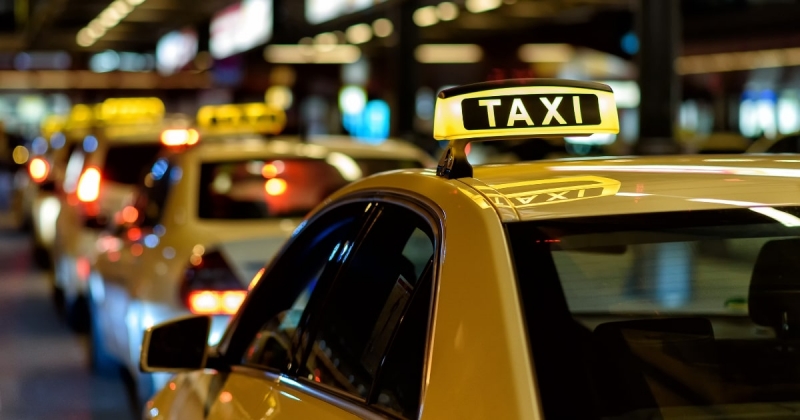
Image credit: Cameris via Canva Pro
As a top tourist destination, scams in Europe are quite rampant and can appear where you least expect these. Taxi drivers prey on tourists who are unfamiliar with the city by turning off taxi metres before starting rides.
With little knowledge of usual rates and roads, drivers can also take unnecessary detours to bump up the taxi fare. Using reliable ride services such as Uber and being familiar with the standard rates can help you avoid this scam.
Pro tip: Be aware that taxi drivers can swap out your notes for lower denominations and demand more money.
6. The fake police
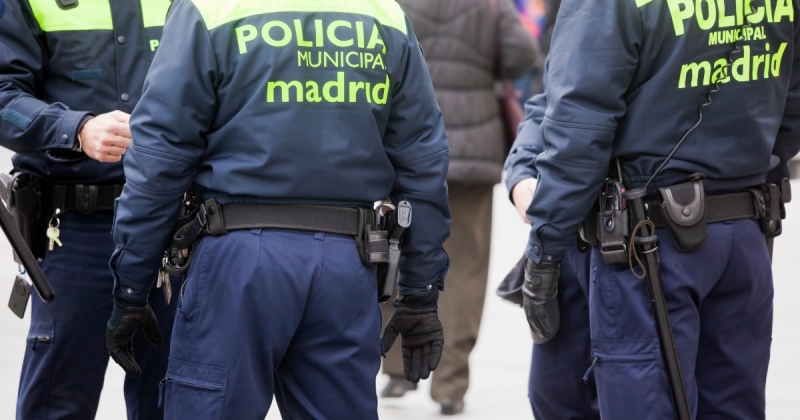
Image credit: stocknshares via Canva Pro
This scam is highly effective as it takes advantage of trust in authority and the fear of being arrested overseas. Fake police officers will be decked out in local uniforms and stop tourists for a spot check. They claim to be searching for counterfeit notes or drug money and they end up stealing your cash.
While authorities might check your passport for a valid tourist visa, it is highly unlikely they will check your wallet. Insisting on going to a police station to do the supposed inspection is usually enough for these scammers to leave you alone.
7. The overcharging restaurant

Image credit: Anton Fratila via Canva Pro
Some dubious restaurants try to pull a fast on over tourists by having two versions of their menus. One of these menus will be in the local language while the other will be in English. By having higher prices on the English menu, some restaurants con the unsuspecting tourist.
Restaurants can also add phantom items on the receipt and serve dishes that you didn’t order. So-called signature dishes that are not on the menu are also recommended by waiters to get tourists to spend more. If restaurants have two versions of the menu, request both to compare prices and double-check your receipt.
Pro tip: Only eat at restaurants where prices are displayed clearly and don’t be afraid to leave if you smell something fishy.
8. The spiked drink

Image credit: mediaphotos via Canva Pro
This nefarious scam in Europe is commonly found in bars and nightclubs where victims are vulnerable. Upon spiking a drink, the swindler will take advantage of someone unsuspecting and steal their valuables. It goes without saying that you should never leave your drink unattended or accept drinks from strangers (yes, even attractive ones).
9. The photo op

Image credit: Sisoje via Canva Pro
This scam is pretty straightforward. Tourists will be walking through popular hotspots and come across street performers dressed in various costumes. Without thinking, many of us would whip out our phones to snap a picture with them.
After which, the costumed clowns (both literally and metaphorically) will demand some payment for the photo. Europe scams of this nature might not be as common as the others, but the way to avoid this is similar: ignore and move on.
10. The ticket man
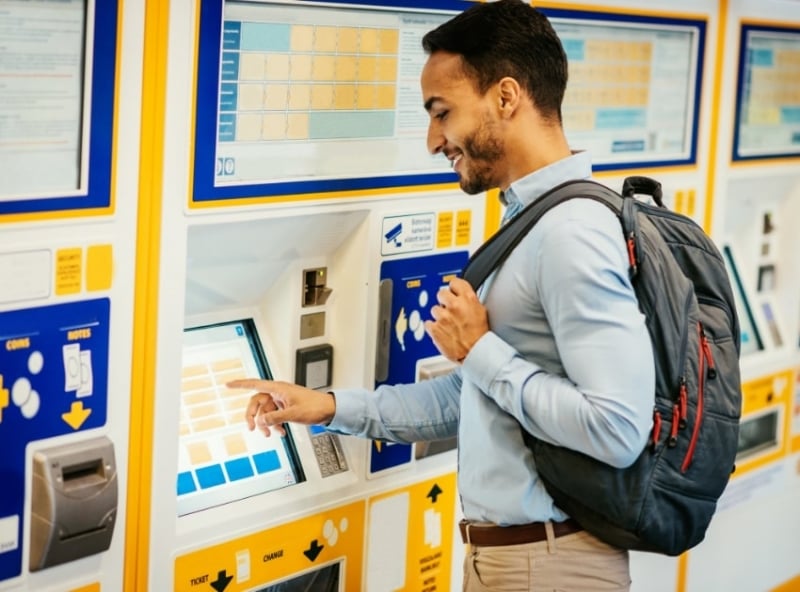
Image credit: Drazen_ via Canva Pro
You find yourself in a metro station, pouring over the station map and planning your journey. Just then, someone approaches you. This person appears to be an official from the station and he proceeds to assist you in purchasing your ticket. As you thank him for his help, you head to the gantry only to be rejected.
This scenario happens more often than we think. The scammers pretend to be providing assistance, only to steal your ticket or sell you fake ones. Either way, your money and time are lost and the con man gets away. Instead, tourists should refuse the help of strangers and purchase tickets directly from the manned counter.
Telltale signs to watch out for
Scammers, pickpockets, and other con artists target tourists as they are vulnerable and perceived to have valuables. Basically, if anyone tries to sell you things you don’t want, or asks for money or donations… ignore them! Watch the locals and see who they avoid. Once you know the signs, they are easy to spot:
- Offering something for free, only to ask for payment after gaining your trust
- Commotions such as fights or altercations that are meant to distract you
- Giving deals that seem too good to be true
- Trying to be overly friendly and attempting to provide assistance
- Pressuring or guilt-tripping you to buy or do something

Image credit: RudyBalasko via Canva Pro
Travel scams happen more often than we care to admit. Despite being relatively safe, Europe’s tourist hotspots are a hotbed for malicious people who prey on vulnerable tourists.
Also read: 30 Europe Souvenirs to Bring Home from Your Next Adventure
Now, of course, these Europe scams should not have to spoil your holiday or deter you from Europe. There are plenty of sights to see, and things to do in Europe so just follow this guide. From eating sausages in Berlin to sipping on champagne in Italy, let your dream trip to Europe become a reality!




